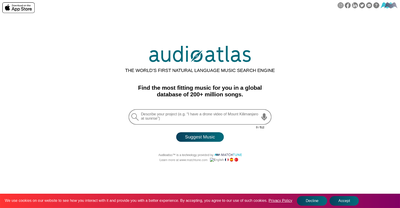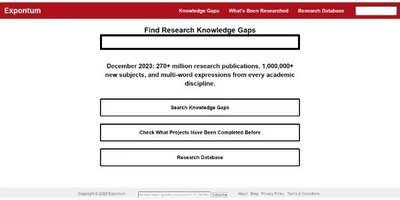Whale AI

Google''s Whale AI is a fantastic tool that makes whale conservation and research easier and better. It uses artificial intelligence to help scientists and conservationists monitor and protect whales.
Key Features
Whale AI uses advanced audio detection systems and hydrophones to gather underwater sounds. This tech can automatically find and sort whale sounds, identifying eight different whale species and multiple calls for two of those species. The system turns raw audio data into spectrograms, which are images of sound waves, and then sorts these images into various whale species or vocalizations.
Benefits
One of the biggest advantages of Whale AI is its ability to free researchers from manual tasks, allowing them to focus on broader insights and new research frontiers. The AI model will eventually be open-sourced on Kaggle and GitHub, benefiting global whale and marine research. Also, the system can send alerts to authorities, aiding in the protection and treatment of injured or distressed whales, especially in cases of environmental disasters like oil spills.
Use Cases
Whale AI has been used to monitor humpback whale migrations along the east coast of Australia, providing a continuous view of whale activity even during nighttime. It has also been instrumental in protecting endangered orcas in the Salish Sea, where the Southern Resident Killer Whale population is critically endangered. Plus, researchers at Rutgers University have developed an AI tool that predicts endangered whale habitats, guiding ships along the Atlantic coast to avoid collisions with marine mammals like the North Atlantic right whale.
Cost or Price
The article does not provide specific cost or pricing information for Whale AI.
Funding
The article does not mention specific funding details for Whale AI from investors.
Reviews or Testimonials
Curtin University''s Centre for Marine Science and Technology supports data collection and labeling for Whale AI, while local citizen science groups assist with monitoring hydrophone sites. The AI model has been praised for its accuracy in rejecting non-animal sound events, thanks to extensive sampling of negative and background data. The development of this model builds on previous collaborations with NOAA and other organizations, leading to the discovery of new whale behaviors and habitats. Additionally, the public engagement platform Pattern Radio Whale Songs, created in collaboration with NOAA''s Pacific Island Fisheries Science Center, has received positive feedback for allowing anyone to explore thousands of hours of whale songs and potentially make new discoveries.






Comments
Please log in to post a comment.